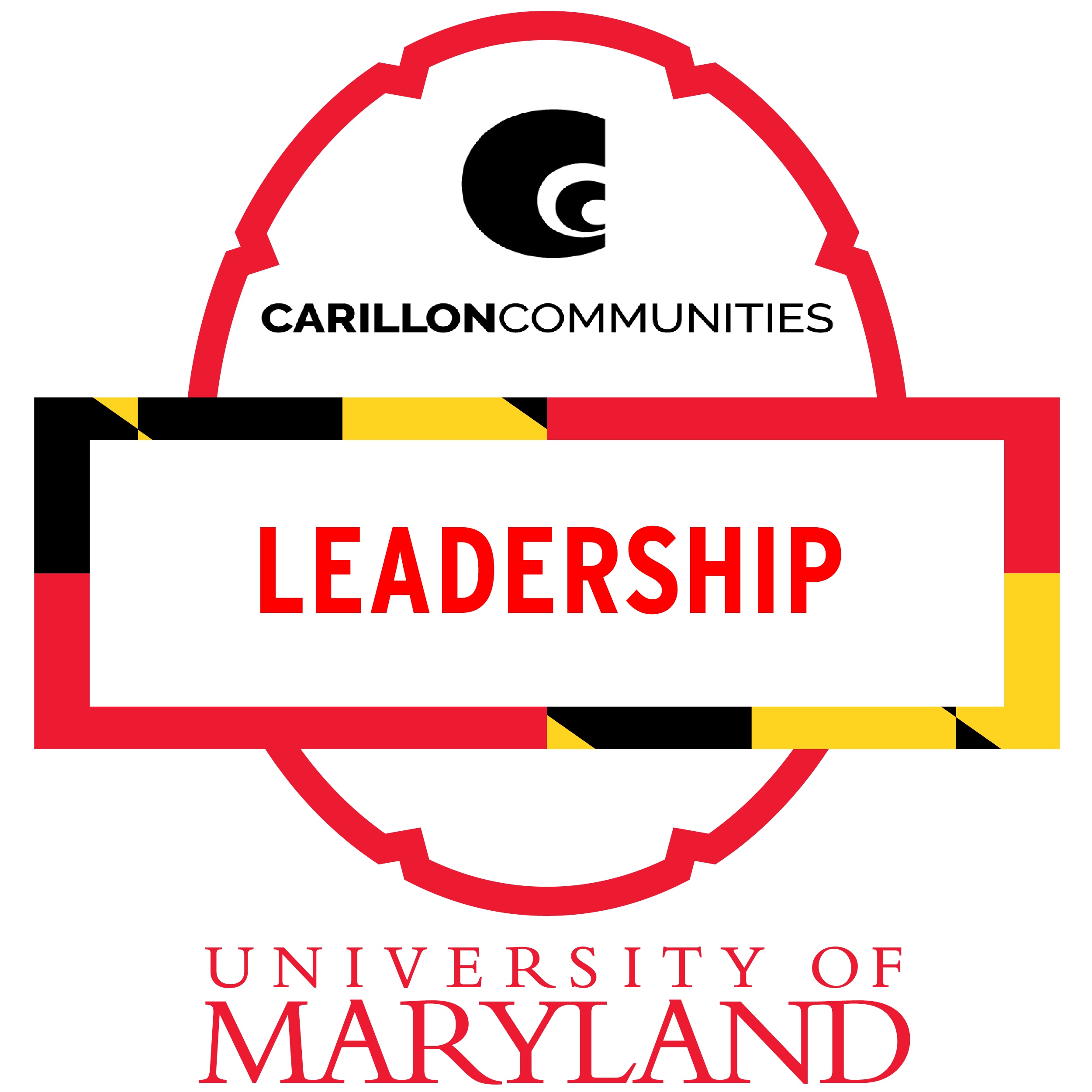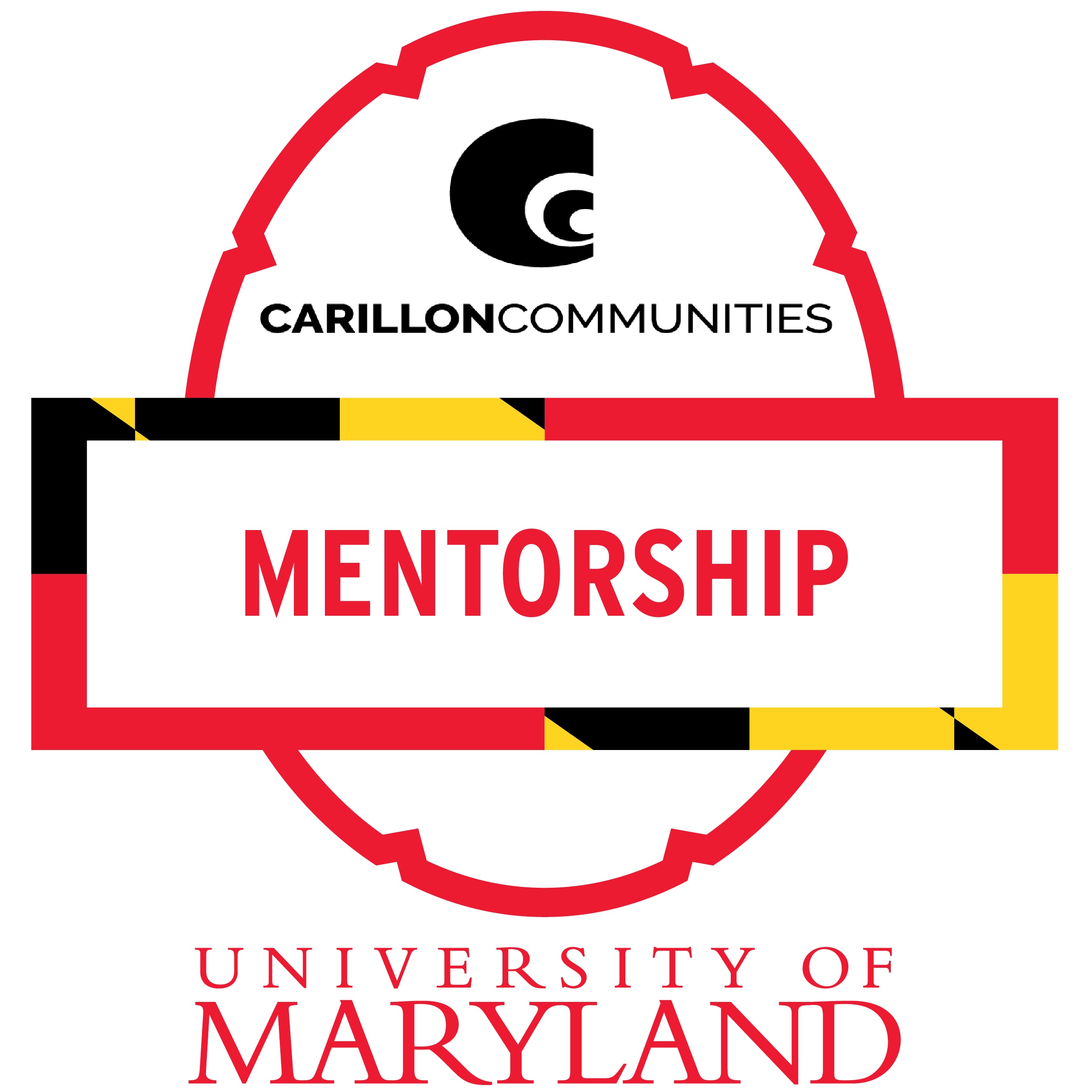Carillon Communities
Carillon Communities students have the opportunity to earn two separate badges/micro-credentials–Mentorship and Leadership–by completing approved activities and submitting a reflection on Portfolium.

Leadership Badge
Recognizes student engagement and initiative-taking in Carillon Communities beyond the first semester–specifically through community-building activities. Through a variety of program-centered opportunities, Carillon Leaders hone skills of teamwork and creative problem-solving–core Carillon values–as well as skills of communication, responsibility, and empathy.

Mentorship Badge
Recognizes student engagement and initiative-taking in Carillon Communities beyond the first semester–specifically as peer mentors, facilitators, and teaching assistants in Carillon courses. Through a variety of program-centered opportunities, Carillon Mentors hone skills of teamwork and creative problem-solving–core Carillon values–as well as skills of active listening, communication, and relationship-building.
Both Carillon badges require the successful completion of:
- the Carillon curriculum (I-Series course and IDEA101) in the Fall semester of the first year; and
- a Reflection on how these activities have helped to develop the mentorship or leadership skills represented by the badge.
Requires the requires completion of one item:
- Co-Facilitator of WEIDP
Carillon students have the opportunity to enroll in sections of WEIDP (Words of Engagement: Intergroup Dialogue Program), offered in conjunction with the Office of Diversity and Inclusion, reserved for Carillon students and/or students participating in living-learning programs. Students who complete WEIDP may apply to co-facilitate sections of WEIDP in subsequent semesters; they will be trained and then paired with another instructor to teach the class. - Carillon Peer Mentor (IDEA398C)
Carillon students have the opportunity to serve as Peer Mentors in IDEA101. Peer Mentors enroll in IDEA398C (2 credits), taught by Carillon staff, and are matched with an IDEA101 instructor. Peer Mentors are recruited in the spring semester. - Teaching Assistant or Peer Mentor in Carillon I-Series course
Many Carillon I-Series faculty recruit Teaching Assistants and/or Peer Mentors to assist with their community course. These students typically receive academic credit for this work. Interested students should reach out to I-Series faculty directly. Carillon staff will confirm successful completion of this requirement with faculty.
Following completion of the badge requirements, students must complete a Reflection that asks them to consider the skills that they have developed and practiced through these activities. The Reflection is available through Portfolium and will be reviewed by Carillon staff. The Reflection asks the students to respond to the following questions:
- Describe a specific example of how you grew as a mentor through your engagement with Carillon after your first semester on campus. How have you developed skills of mentorship (e.g., active listening, communication, relationship-building) through the process of earning this badge? (500 words)
- Consider the entirety of your experience with Carillon. In which ways has participating in a living-learning program, as a student and as a mentor, contributed to your overall sense of community at the University of Maryland? What does mentorship within Carillon Communities mean to you? (500 words)
- How might you apply this experience of mentorship to your future academic and professional work? (250 words)
- Carillon Communities Internship
Carillon Communities offers internships for credit during the academic year and the summer and winter terms on an as-needed basis and by application. These internships are project based (e.g., videos, social media, event planning, program assessment) and vary by need. Students interested in this opportunity may also propose projects to Carillon staff. - Carillon Ambassador
Carillon Ambassadors assist with the recruitment of new Carillon students by serving on panels during Admitted Student Open Houses, holding chat sessions for prospective students, calling prospective students (phone banking), and facilitating student and family campus visits (tours). Students must participate in at least four events or activities to satisfy this requirement. Ambassadors are recruited in December and January and work throughout the spring semester. - Dean’s Student Advisory Board (Carillon Communities representative)
One student represents Carillon Communities each year on the Dean’s Advisory Board (UGST). Students are nominated for this role by I-Series faculty. The Board meets approximately eight times each year. Carillon staff will confirm successful completion of this requirement with the UGST Dean’s Office. - Carillon Communities Council representative
Each Carillon Community is represented by at least one student on the Carillon Communities Council. Nominations (including self-nominations) come from students, faculty and instructors, and staff. The Council meets approximately six times per year. - Carillon Micro-Grant: Building Community
In the spring semester of their first year, Carillon students are invited to apply for small grants to support student-initiated, community-building activities or events that involve at least two Carillon students. (Details from last year’s grant cycle are available here.) A successful application for the grant will satisfy this requirement.
Following completion of the badge requirements, students must complete a Reflection that asks them to consider the skills that they have developed and practiced through these activities. The Reflection is available through Portfolium and will be reviewed by Carillon staff. The Reflection asks the students to respond to the following questions:
- Describe a specific example of how you grew as a leader through your engagement with Carillon after your first semester on campus. How have you developed skills of leadership (e.g., teamwork, creative problem solving, communication, responsibility, empathy) through the process of earning this badge? (500 words)
- Consider the entirety of your experience with Carillon. In which ways has participating in a living-learning program, as a student and as a leader, contributed to your overall sense of community at the University of Maryland? What does leadership within Carillon Communities mean to you? (500 words)
- How might you apply this experience of leadership to your future academic and professional work? (250 words)
